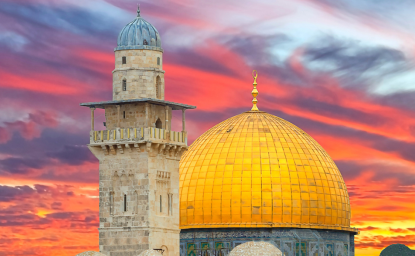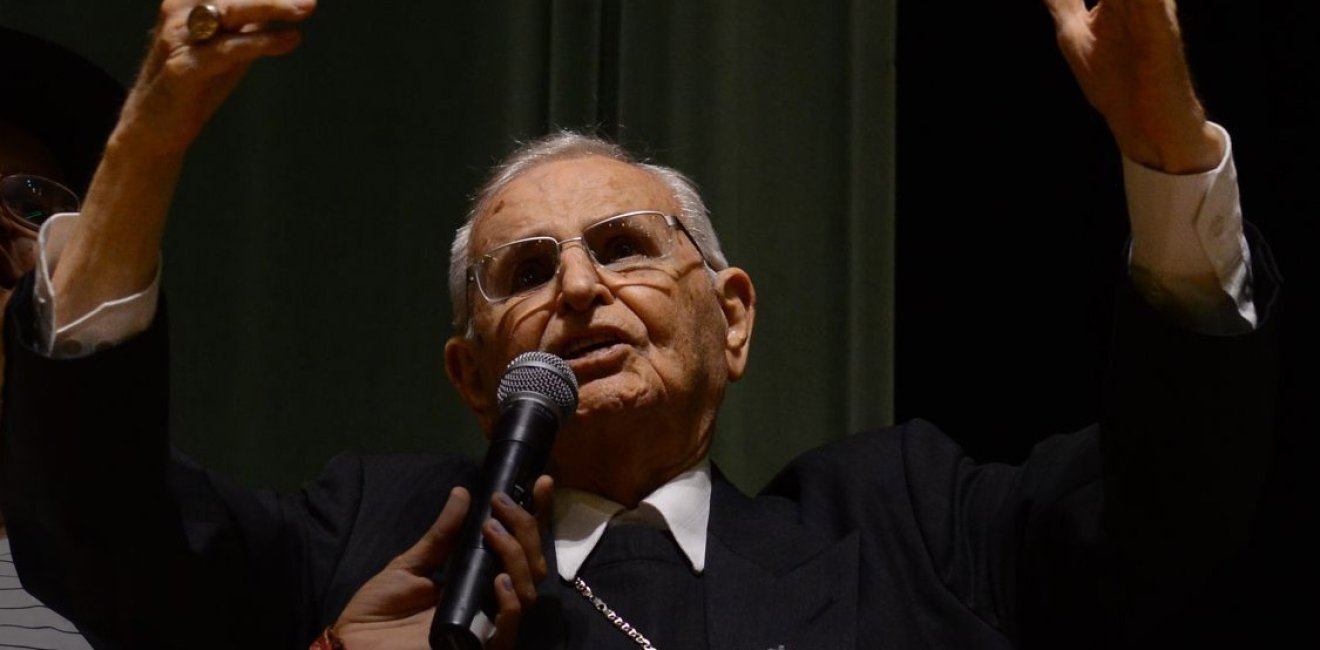A Franciscan friar, Dom Paulo, as he was known, was Brazil’s leading champion of democracy and human rights during the darkest period of the military dictatorship that ruled the country from 1964 to 1985. A journalist, professor, and writer, Dom Paulo was fearless in his actions to expose the crimes committed by the military rulers. The impact of his courageous work reached beyond Brazil’s borders at a time when many Latin American nations lived under authoritarian and often brutal regimes. In 1975, he led an ecumenical memorial service at the cathedral in São Paulo for Vladimir Herzog, a Jewish Brazilian journalist tortured to death in a military prison. Outraged by the regime’s brutality against its opponents, from 1979 to 1985 Dom Paulo led a record keeping project, “Tortura Nunca Mais” (“Torture Never Again”), to document its legacy of human rights violations.
Dom Paulo died on December 14 in São Paulo, the metropolis he led as spiritual leader for more than two turbulent decades and where he is still remembered as “the cardinal of the poor” for his actions on their behalf. His initiatives include the Children’s Pastoral, a preventive health care program for infants and toddlers established at Dom Paulo’s urging by Zilda Arns Neumann, a pediatrician and one his thirteen siblings. A volunteer-based initiative, the Children’s Pastoral operates today in more than a dozen countries and is widely credited for the substantial impact it has had reducing infant mortality in Brazil and elsewhere. Dr. Zilda Arns was a recipient of the Woodrow Wilson Award for Public Service in 2009, and passed away the following year in the devastating earthquake that hit Haiti, where she was working for the Pastoral’s local chapter.
“All of us who have done something that could be registered on the board of democratic resistance owe Dom Paulo for his courage and prophet-like fearlessness, and for his teachings rooted in the Franciscan values of the apostles,” former Justice Minister José Gregori said at an event held last October at the Catholic University of São Paulo to celebrate the cardinal 95th birthday.
A pastor and author of 54 books, Paulo Evaristo Arns was named cardinal by Pope Paulo VI in 1973, when São Paulo was the world’s largest Catholic archdioceses. After retiring in 1996, he was named cardinal emeritus. “Dom Paulo gave his life to God after having generously dedicated it to his brothers in this world,” said São Paulo Cardinal Odilo Scherer, announcing Cardinal Arns death. Like Cardinal Scherer and his immediate successor, Cardinal Emeritus Claudio Hummes, Cardinal Arns was the son of a German immigrant family that settled in Brazil’s Southern region. He will be buried in his beloved city’s Cathedral of Saint Peter and Saint Paul.

Brazil Institute
The Brazil Institute—the only country-specific policy institution focused on Brazil in Washington—aims to deepen understanding of Brazil’s complex landscape and strengthen relations between Brazilian and US institutions across all sectors. Read more

Explore More
Browse Insights & Analysis
What Does it Mean to be European?

Human Rights as Part of Foreign Policy


